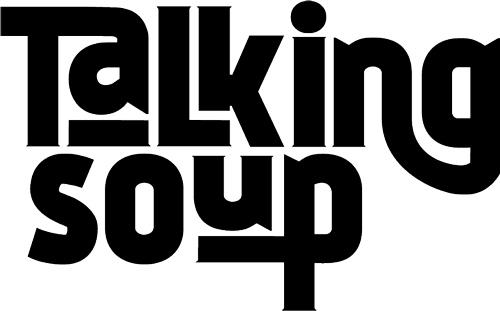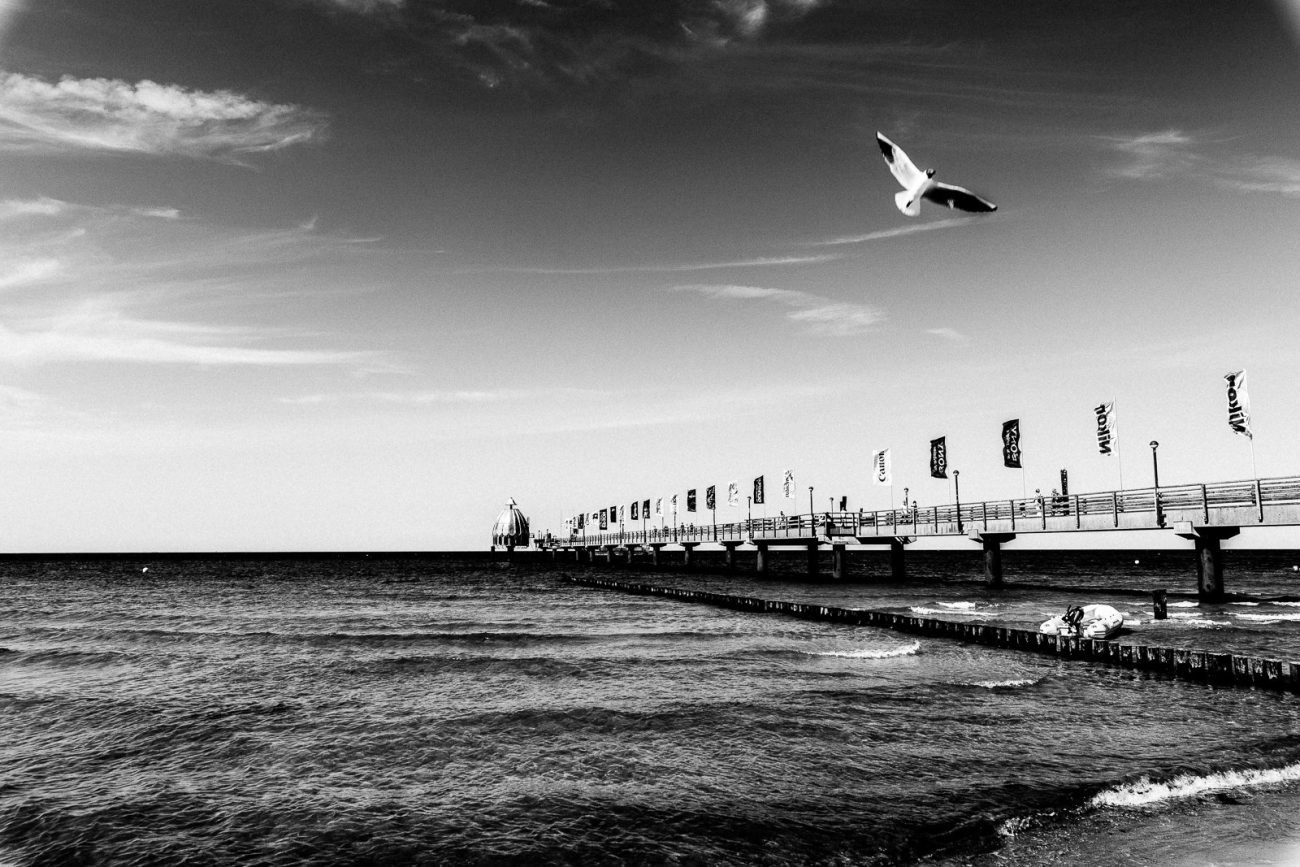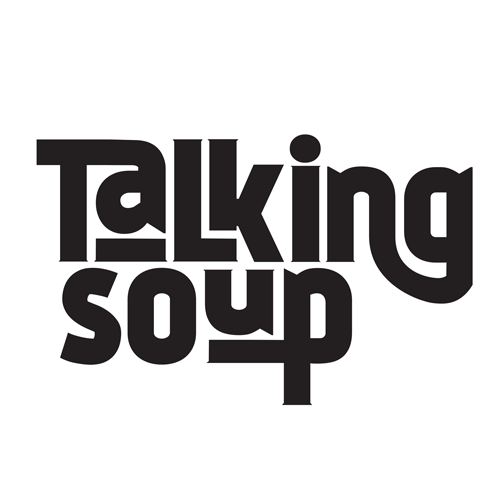I murder the people I love inside my head. I fantasize about where I’ll go, what I’ll do and how their funerals will be. I’ve never heard of anyone else I know doing this.
My father died the morning after my eighth birthday. Following his seizures, brain surgery, and over two weeks in a coma, my mother was left with an unsettled estate, without a healthcare proxy or her own parents to turn off the machines breathing for my father. This is not fiction, and I worry about it happening to me every day.
Then when I was 12, I watched my neighbor’s dead body (the body of another father figure) being wheeled out of his house in a black, zippered bag. I saw him leave from my bedroom window. The stretcher bounced, without reverence, over the lawn and into an ambulance in the driveway. I wasn’t his daughter; still, he had helped me when it was Father’s Day and I was lost, when I couldn’t find someone to repair the puncture in the front wheel of my red Schwinn 10 Speed, when the music on the radio made me burst into spontaneous tears. I’ll never shake the feeling that he just left me. Alone.
So that’s it. Life taught me that I’ll be left holding the proverbial bag – now with a young child, and the financial vulnerability of a freelance writer. When I drive, I think about what I’ll do when someone else I love dies. My mind drifts to funerals and obituaries, wills, trusts and starting over. I’m ashamed because it feels like wishing someone I love dead, but that’s not what it is. It’s survival. It’s why I am the consummate risk manager. I’ve heard that in all professions except the law, optimists rise to the top. Maybe this is true, but for those of us who know what it’s like to have the bottom drop out, we will reinforce our baskets.
I murder the people I love inside my head. I fantasize about where I’ll go, what I’ll do, how their funerals will be. I’ve never heard of anyone else I know doing this.
Anything can bring on a death fantasy. Most often it’s music. Last week I went to the movies with a friend. In the preview for a film about Brian Wilson, I tried to stifle my murderous imagination. It was the song playing during the montage – God Only Knows What I’d Be Without You – that sent me down the course of picturing my husband’s (also Brian) polished cherry casket, covered in freesia and roses because I detest lilies.
I pictured where I’d hold my husband’s funeral. Our local Catholic church is architecturally unappealing, and besides, he’s decidedly anti-organized religion. Perhaps a movie theater? In my mind I saw a slideshow of the amazing life we’d built together – the large, old apartment in Wilmington, another in New Orleans, the one with the fabulous kitchen in Evanston, the new but tiny two-bedroom in San Francisco, ending in a freeze frame at out current house on a postage stamp-sized lot in Los Altos. We’re smiling and hugging. I juxtapose pictures of us on snow-covered slopes with us smiling in front of every shade of blue the ocean can create. There’s even a picture where we’re laughing, both our heads tossed back, at the joke the best man told at our wedding.
I’d have his best friend talk about his life. He would take his glasses off and leave them on the lectern as he described when they met in the fourth grade. He’d press from his temples into his short black hair as he talked about how they smeared pizza grease on the new window to keep it from looking new. Adoring friends and family would laugh. He’d look at me, in the front row, in my grieving suit of armor: a fabulous St. John suit, perfectly highlighted hair and too-dark lipstick. His lips would make the shape of, “I’m sorry.” I would press my own together and hold back my tears. I would nod in gratitude and squeeze my daughter’s chubby fingers.
At this point, I’m about to cry in reality. I remember that he’s not dead, nor terminally ill, or a reckless driver. But still. Still. I tell myself, “You’re not ready.”
Even though we have life insurance, wills, a trust, plans for who will care for our daughter, I am not ready. I know that I will probably move East to be closer to family. There is a school on Long Island where my daughter would thrive. Maybe I’d open a barre-based exercise studio. I’d channel Diane Keaton in Baby Boom and find a Sam Shepard type to reawaken my frozen heart. Who am I kidding? I already have my own personal Kevin Bacon. There is no reason to believe I’d risk losing someone else. Perhaps I’d drink too much scotch, or maybe I’d be like Cybill Shepherd in Chances Are and feed Brian’s picture Reese’s Peanut Butter Cups every night.
I’ve killed my mother, too. She dies of a long-term illness after I’ve had time to spend a few months with her. We resolve all of our unspoken mother-daughter things while wrapped in beach towels under umbrellas. It’s like Beaches – but not really because we’re in the Hamptons and she’s not Barbara Hershey and I am definitely not Bette Midler. But still. Still.
She would tell me that my father would have been proud of me, and that she was happy with the choices I’ve made even though my child was born in California, for heaven’s sake. We’d take one last trip to our ancestral home in Roscommon, Ireland. We’d rent a Volvo and drive until we saw the last chip shop in town. We’d turn right, onto the hedgerow-bordered road. At the end we’d stop in front of a cottage by the river, still heated by a peat moss fire. Our distant cousins would serve us Irish breakfast tea in china cups. I’d eat the brown bread with butter, but Mommy wouldn’t be unable to.
At her funeral (this one at her small Catholic church in the country), I give the eulogy. This time my armor is a Chanel suit, a perfectly blown coif held in place with a black velvet headband, and a choker of fat pearls. I will talk about how much we needed one another, how her intensity that drove so many of us crazy was really an example of how deeply she cared. I’d be grateful that she finally joined her husband, her mother, and her father in heaven. I’d even get a laugh when I talk about how she had me brought home in a squad car after I missed curfew and I walked into her dining room, then filled with the people now sitting in the pews. “Couldn’t any of you stop her?” I’d asked them at the time. “Of course you couldn’t. None of us could. Her love was stronger than reason.”
Is mine?
Afterwards, people would come up to me, say how sorry they were for my loss and what a lovely service it was. At the wake, I would lock myself in the ladies’ room at the Westhampton Country Club, curl into a ball and finally cry – that deep belly crying, complete with choking sounds and gasping swallows. Someone who I’d never considered my closest friend would sneak in to check on me. We’d drive to the beach. I’d take off my Manolos and walk out onto the frigid March sand. I’d feel the sun on my face and neck. I’d hold the person’s hand and walk back to the car. We won’t see each other again until a cocktail party years later, but I’ll never forget their kindness and will write a great short story about how, once we take the comfort of strangers, they are no longer strangers.
For reasons I can only attribute to being a parent, I’ve never killed off my child in my head. I simply can’t do it. That’s how I know that parents who’ve lost a child are in a world all their own.
I am sad for them, and wish I could offer them some respite from their grief – but all I can do is agree with them that this world is out of order. The wrong thing happens everyday, and we are left behind – left behind, but never caught unaware.
Kate Thome is a freelance writer and consultant. After majoring in philosophy at the College of the Holy Cross, Kate pursued a career in banking and payments. She holds an MBA from the A.B. Freeman School of Business at Tulane University. Her essays have appeared in Mutha! Magazine, The Grief Healing Blog, and on LinkedIn. A member of the National Alliance for Grieving Children, she blogs about her memoir in process. Kate lives with her husband and daughter in Northern California.








